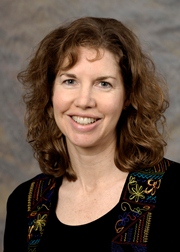Workplace violence remains ‘extremely rare,’ say Vancouver-area experts

“This could be just a blip,” WSU sociologist Clay Mosher said after two workplace shootings and one drug-related shooting in two days in Vancouver left three people dead and three injured.
“You could see this many things in this many days…. Then you could see nothing for quite some time,” said Mosher, who analyzes crime trends and teaches criminology at WSU Vancouver. It’s possible that our society is growing accustomed to hearing about random gun violence breaking out anywhere and everywhere.



